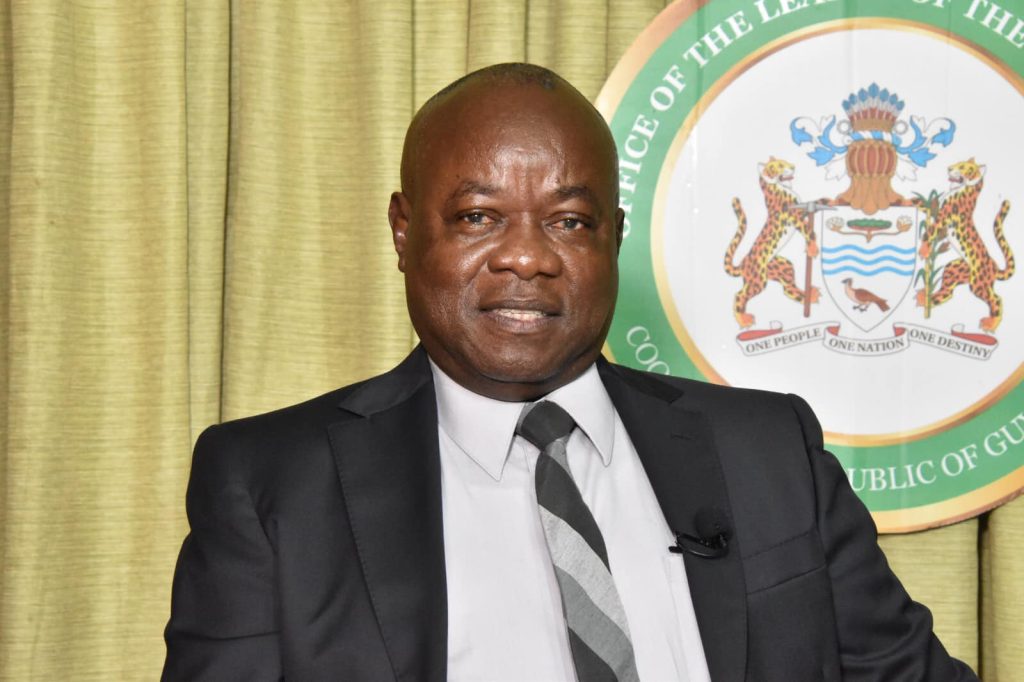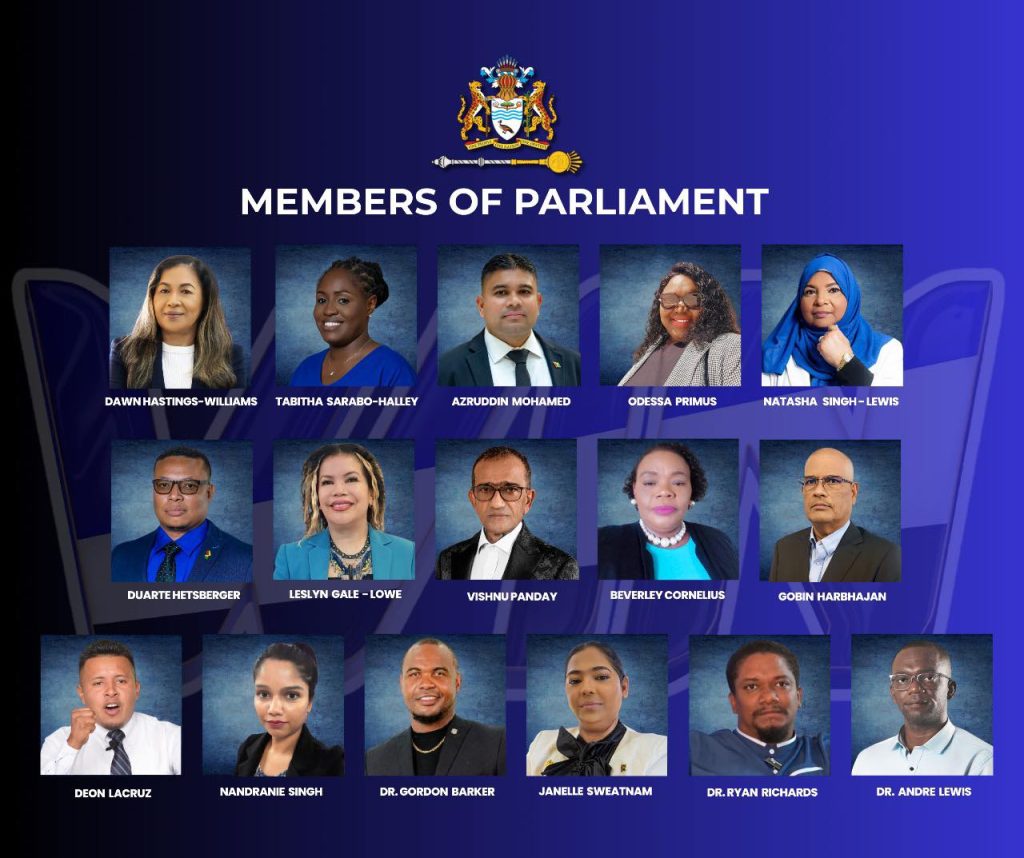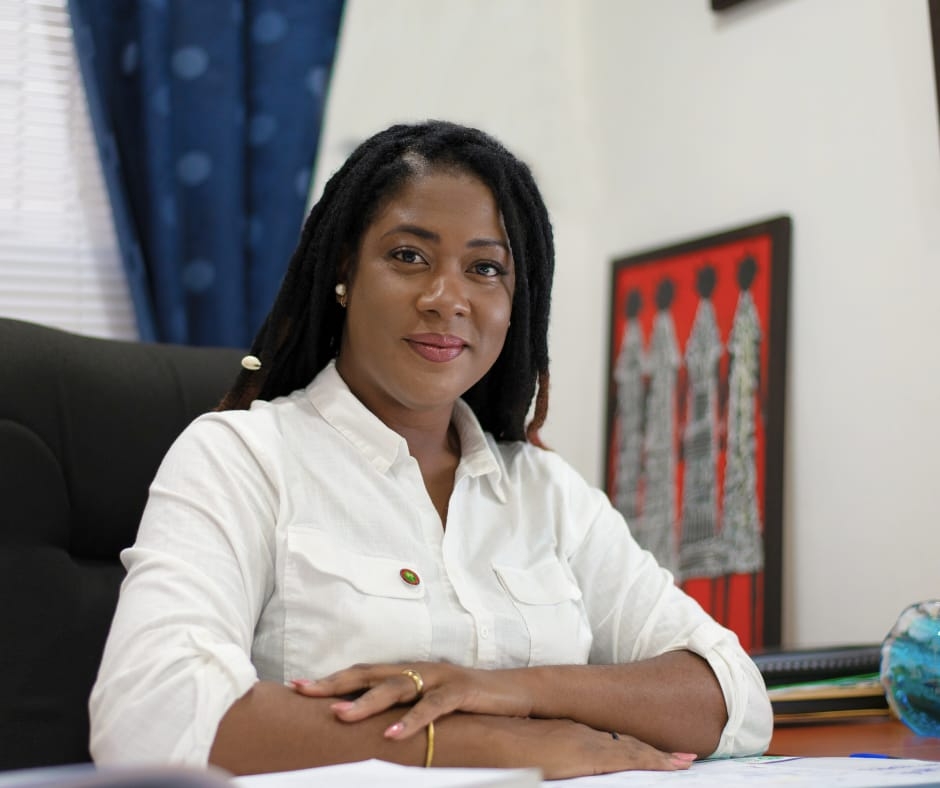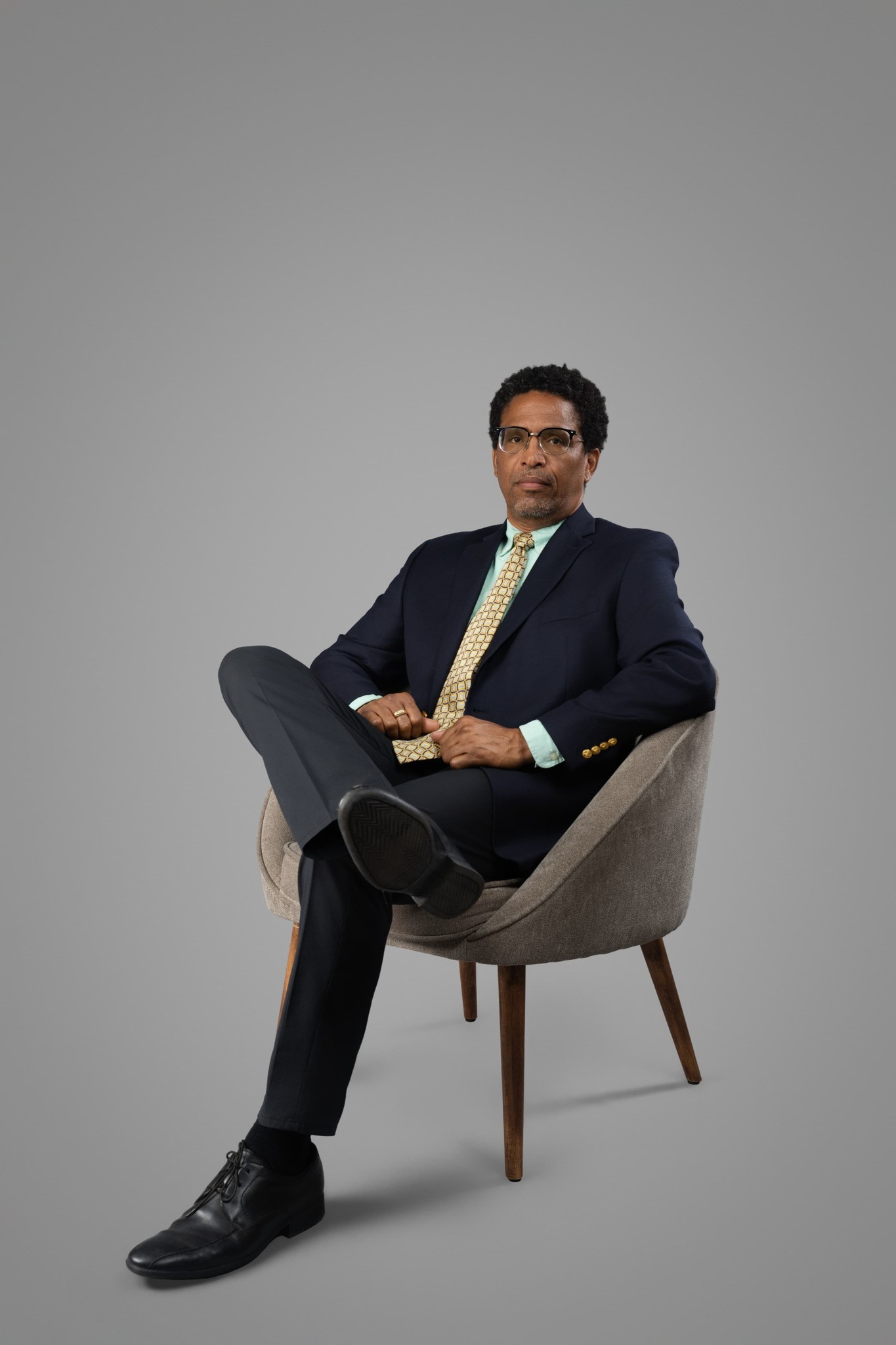Then — Political Landscape Before the 2025 Elections
Leading up to the 2025 general and regional elections, Guyana’s political scene was dominated by two main players: the People’s Progressive Party/Civic (PPP/C) and the coalition A Partnership for National Unity (APNU), primarily composed of the People’s National Congress Reform (PNCR).
The PPP/C, under President Irfaan Ali, had been in power since 2020, leveraging the country’s burgeoning oil wealth to fund infrastructure and social programmes. However, concerns over equitable distribution of this newfound wealth and allegations of corruption eroded public trust in the administration.
The opposition, led by Aubrey Norton of the PNCR, faced internal divisions and a perceived disconnect from the electorate. This fragmentation paved the way for new political entities to emerge, challenging the traditional political order.

Now — The 2025 Election Results
The 2025 elections marked a significant shift in Guyana’s political landscape. Six political parties were approved by GECOM to contest the elections:
-
People’s Progressive Party/Civic (PPP/C)
-
A Partnership for National Unity (APNU)
-
We Invest in Nationhood (WIN)
-
Forward Guyana Movement (FGM)
-
Alliance for Change (AFC)
-
Assembly for Liberty and Prosperity (ALP)
Of these, only four (PPP/C, APNU, WIN, AFC) contested nationally across all ten electoral districts, while FGM and ALP contested selectively.
Final Outcomes:
-
PPP/C: Secured 36 seats, maintaining control of the National Assembly and re-electing President Irfaan Ali for a second term.
-
WIN: A newcomer led by Azruddin Mohamed, won 16 seats, positioning itself as the main opposition party.
-
APNU: Declined sharply, securing only 12 seats, a substantial drop from previous cycles.
-
FGM: Led by Amanza Walton-Desir, won 1 seat, marking a symbolic but important presence.
-
AFC: Led by Nigel Hughes, failed to win a seat — a devastating blow to its relevance.
-
ALP: Led by Simona Broomes, also failed to secure a seat.
Leadership in the Opposition

We Invest in Nationhood (WIN)
-
Leader: Azruddin Mohamed, a businessman with a controversial background, including U.S. sanctions for alleged corruption. Despite this, Mohamed’s populist platform resonated with many voters, particularly in rural and Indigenous communities.
-
General Secretary: Odessa Primus, who will play a pivotal role in legislative strategy and party organisation.
A Partnership for National Unity (APNU)
-
Leader: Aubrey Norton, who led APNU into the 2025 elections. After the party’s decline, he announced he would not seek re-election as presidential candidate, though he remains Chairman and continues to influence the party.
Alliance for Change (AFC)
-
Leader: Nigel Hughes. Despite his prominence as a presidential candidate, the AFC’s electoral defeat left the party at risk of political irrelevance.
Assembly for Liberty and Prosperity (ALP)
-
Leader: Simona Broomes. Despite contesting, ALP failed to resonate strongly with voters and remains on the margins.
Forward Guyana Movement (FGM)
-
Leader/Presidential Candidate: Amanza Walton-Desir, who secured the party’s lone seat, ensuring FGM’s voice is present in Parliament.
Moving Forward — Prospects and Challenges

The 2025 elections have reshaped Guyana’s political terrain:
-
PPP/C: With a solid majority, the PPP/C has an opportunity to drive development and continue oil-based economic reforms, but must tackle corruption and equitable distribution concerns.
-
WIN: As the new main opposition, WIN faces the test of transforming from a populist campaign into a disciplined parliamentary force.
-
APNU: Must regroup after losing ground, re-evaluating leadership and strategy to remain competitive.
-
Smaller Parties (FGM, AFC, ALP): Each must decide whether to persist independently, form alliances, or risk fading into political irrelevance.
Ites This
The 2025 general and regional elections have redefined Guyana’s political balance. The PPP/C retains power, but new players like WIN have changed the conversation. APNU faces existential questions, while smaller parties must fight to remain relevant. As Guyana navigates its oil-driven transformation, the interplay between governance, opposition, and civic participation will shape the country’s democratic future.


